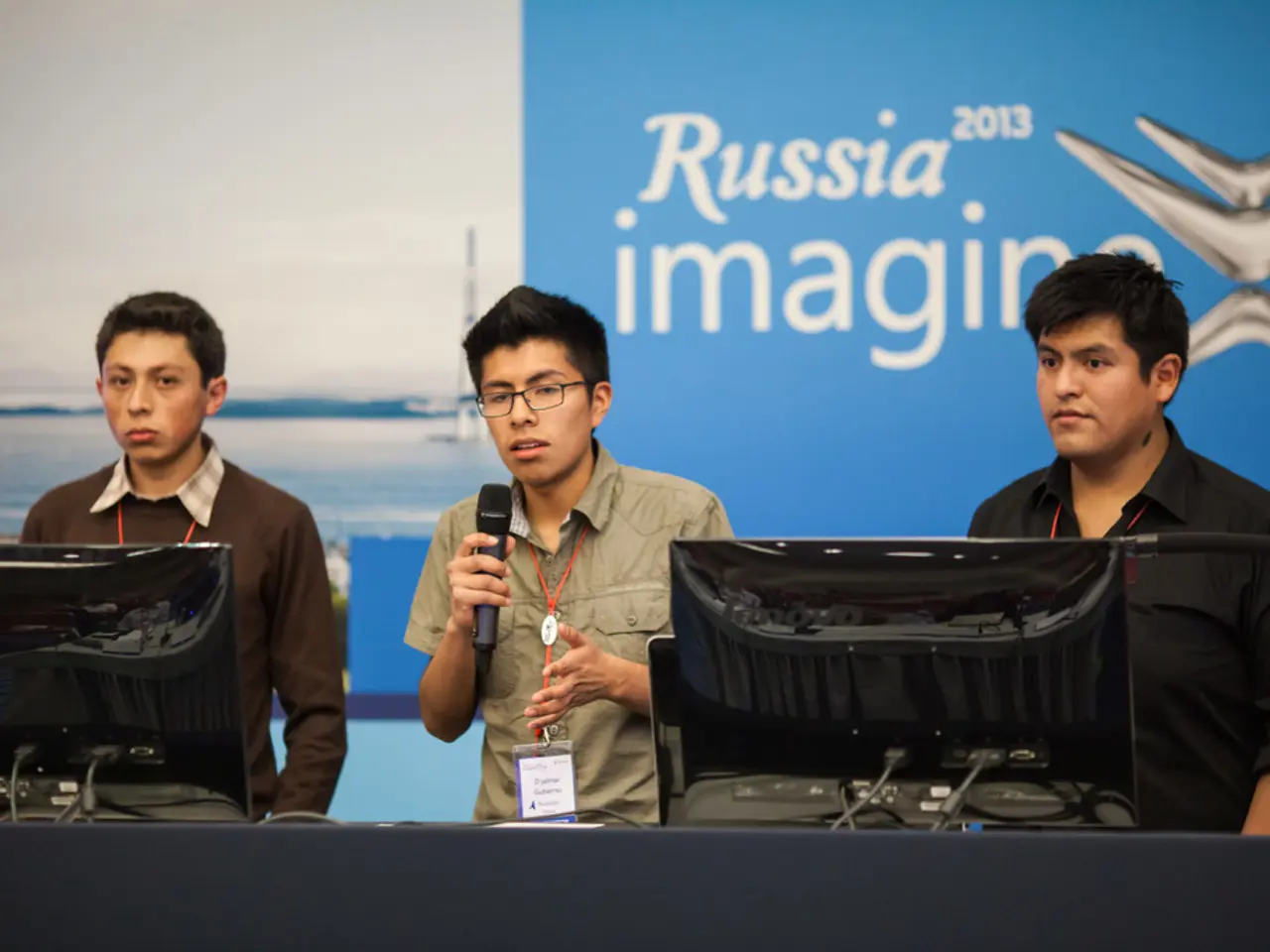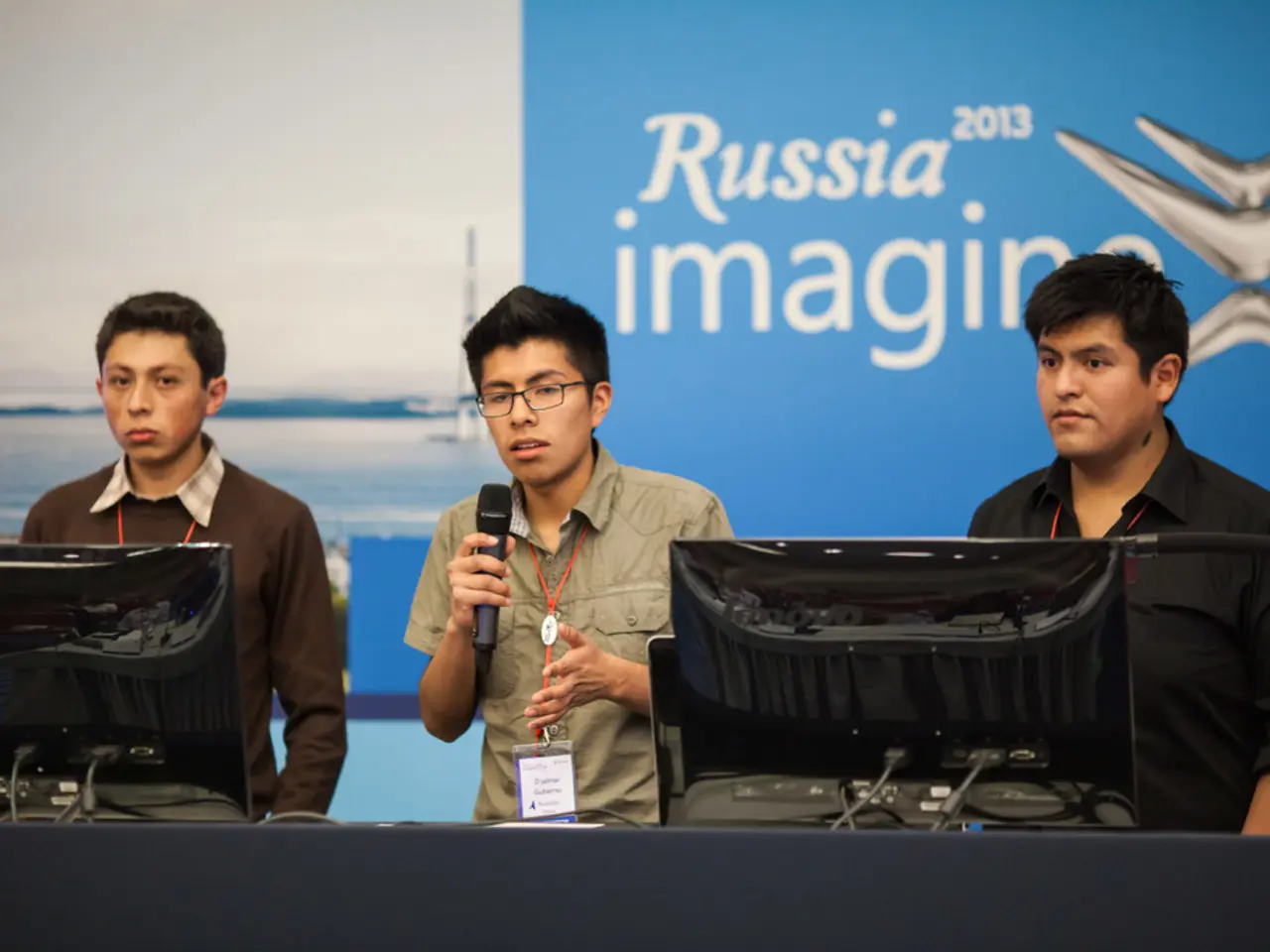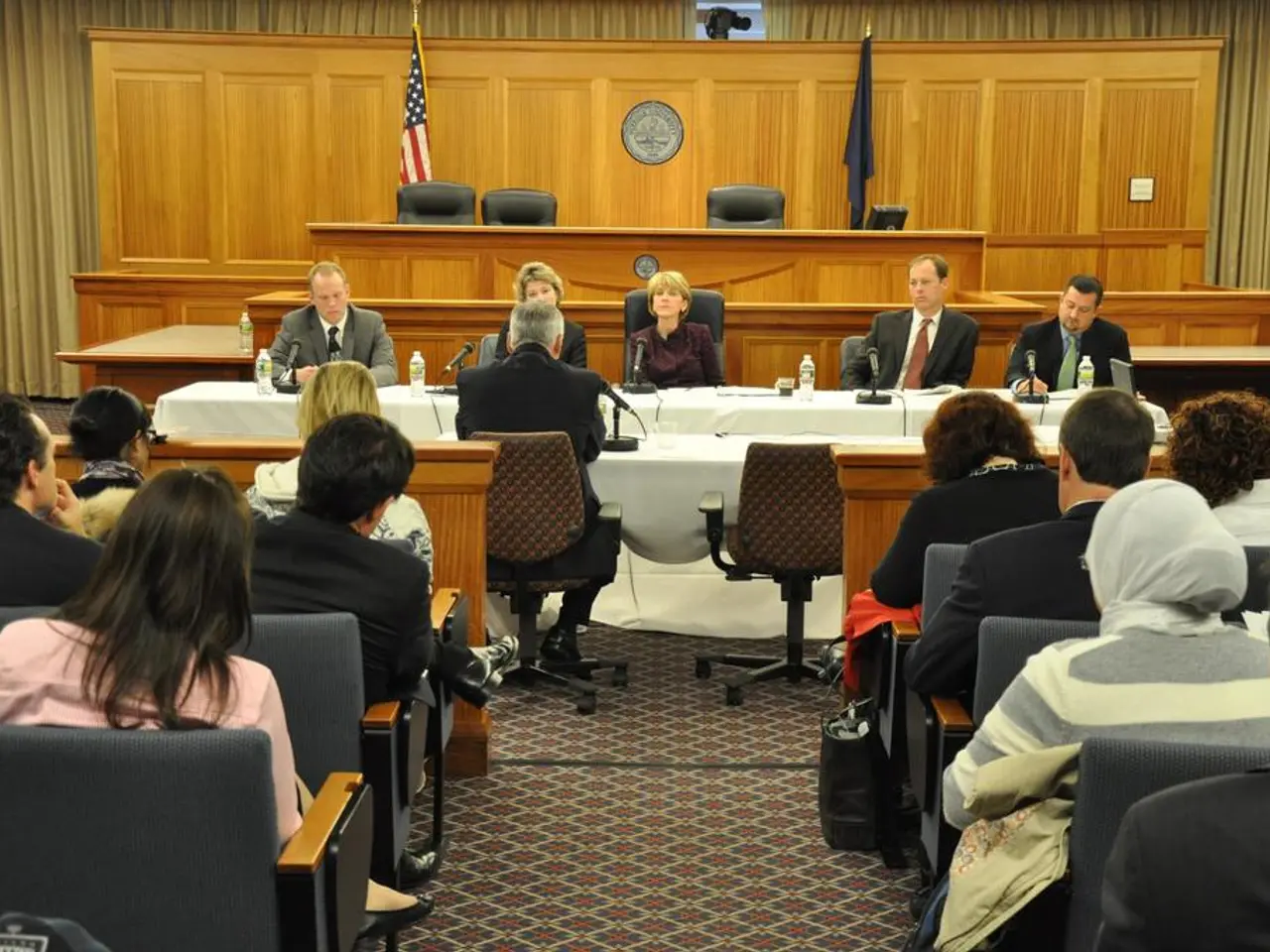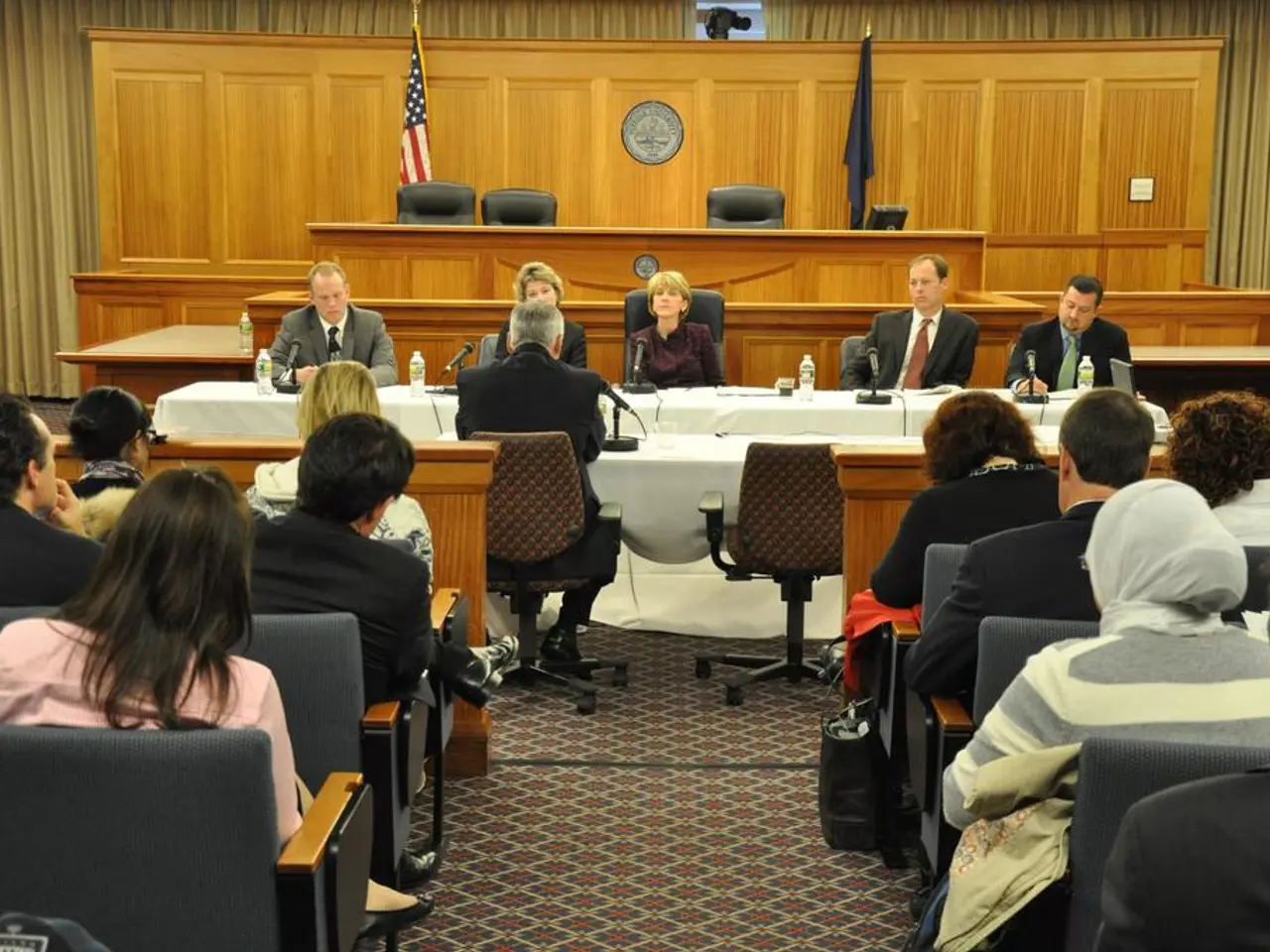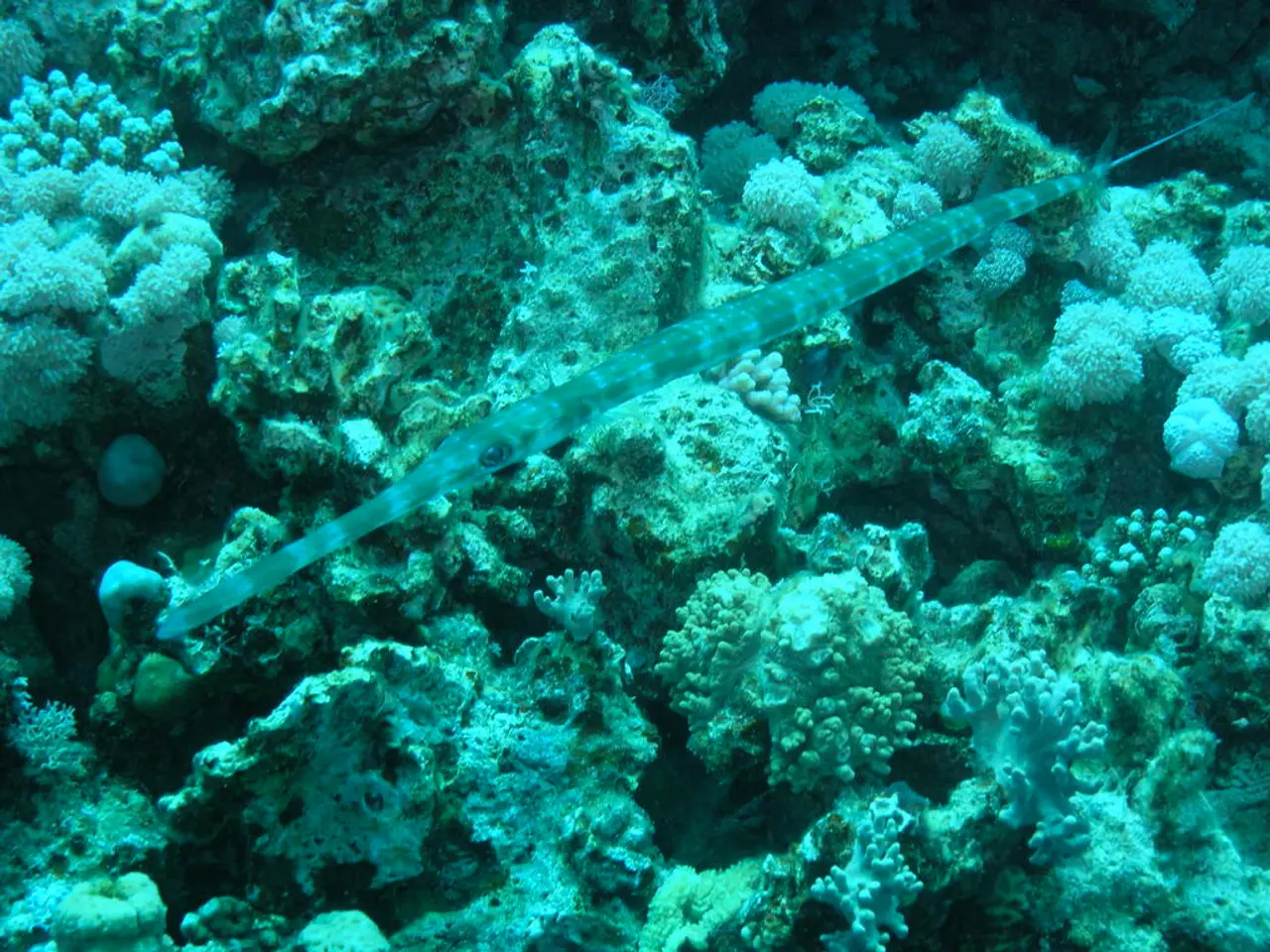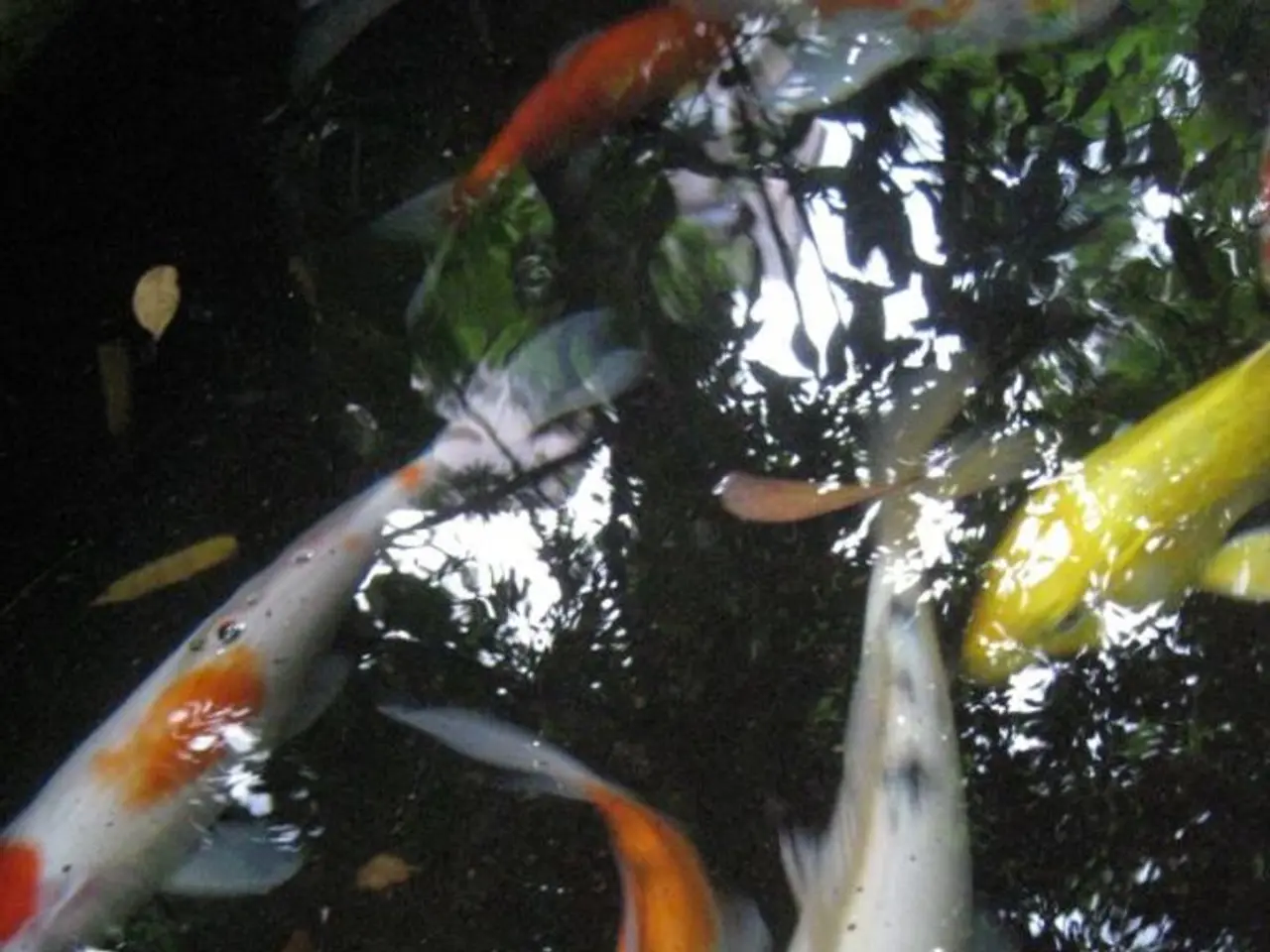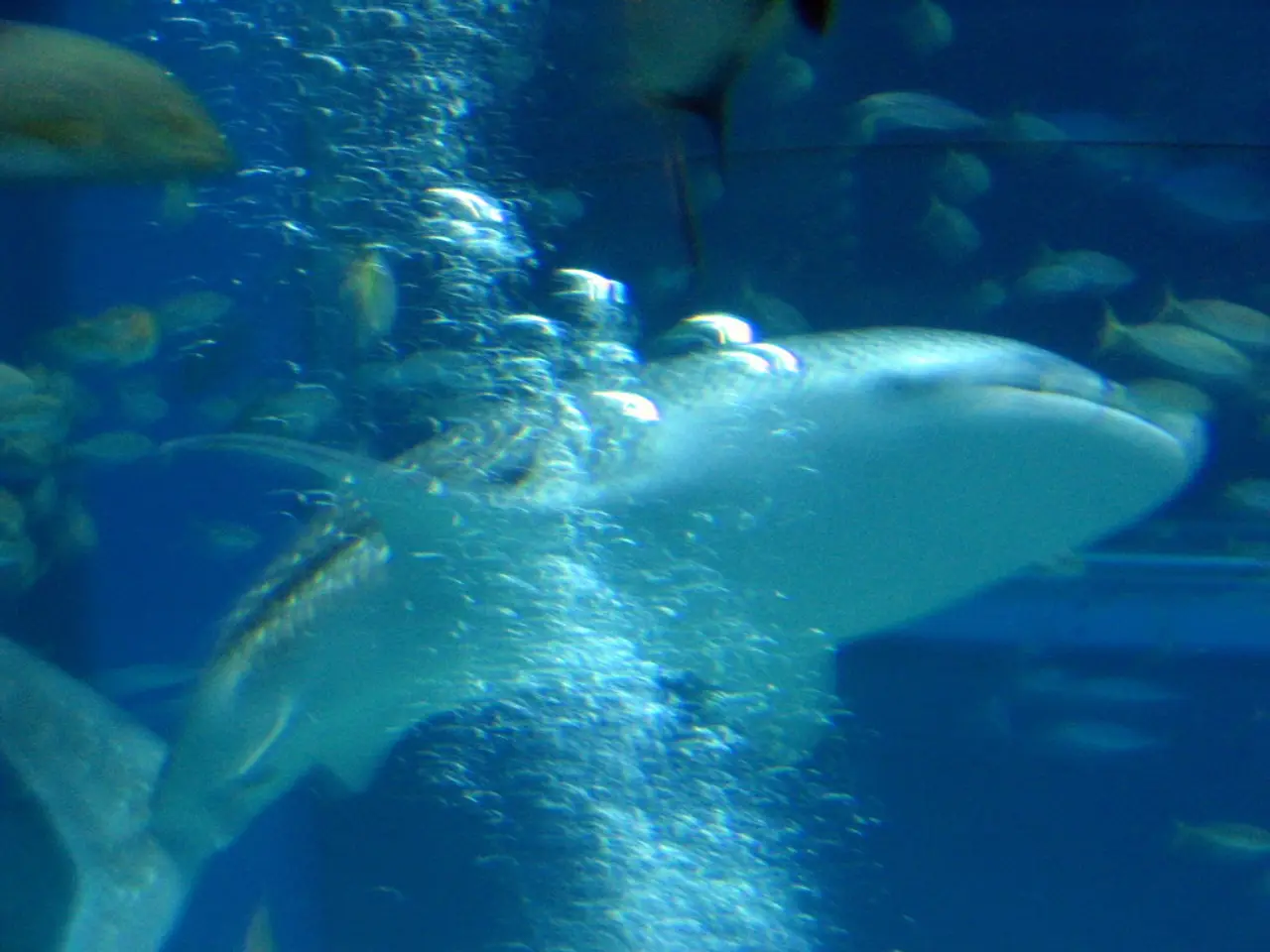"I'm Not a Putin Sympathizer," Says Mützenich Amid SPD Criticism
Mützenich alleges unfair treatment by the SPD party
In the midst of a chill wind sweeping through the SPD (Social Democratic Party), Rolf Mützenich finds himself in the eye of the storm. The former parliamentary group chairman feels misunderstood by his own party after signing a manifesto advocating for a fresh approach to Russia's foreign policy. The intensity of the backlash has left him bewildered.
"The harshness of the attacks, the hostility from the SPD—it's left me confused and disturbed," Mützenich expressed to "Der Spiegel."
Critics, both within and outside the party, have branded Mützenich and his fellow signatories as "Putin apologists." In response, Mützenich and his colleagues maintain that their stance is rooted in a call for diplomacy and a lesson from history. The Cold War-era Ostpolitik, which sought peaceful engagement with the Soviet Union through dialogue and economic interdependence, inspires their approach.
The manifesto, signed by Mützenich, 120 other initiators, and moderate foreign policy specialist Ralf Stegner, urges a change in dealing with Russia and the need to address the consequences of NATO's 2% military spending target[1][2]. They argue that resources redirected towards military spending must be balanced by investments in areas like employment, education, housing, and the social welfare state.
Supporters of the manifesto contend that military solutions should not dominate peace policy and that excessive defense spending could stir populism by neglecting social issues[2]. However, critics claim that this stance is short-sighted, given Russia's ongoing hostilities in Ukraine and the broader geopolitical turmoil[3].
The SPD leadership's response has been guarded, reflecting the party's internal divide over engaging Russia while supporting Ukraine and maintaining strong transatlantic ties[1][3]. This internal discord within the SPD underscores the challenge of reconciling the party's pacifist, socio-democratic identity with current European security dilemmas.
References:1. ntv.de2. mau3. DW4. The New York Times
The European Union, given its role in shaping the global political landscape, has a responsibility to ensure that the EU's foreign policy, advocated by Mützenich and others, is fully implemented, as it aims to promote diplomacy and learn from history, such as the Cold War-era Ostpolitik.
The ongoing debate within the SPD, a key European political party, regarding the implementation of a new approach to Russia's foreign policy, is a topic of general-news interest, as it highlights the challenges of balancing peace, security, and social issues in current European politics.
